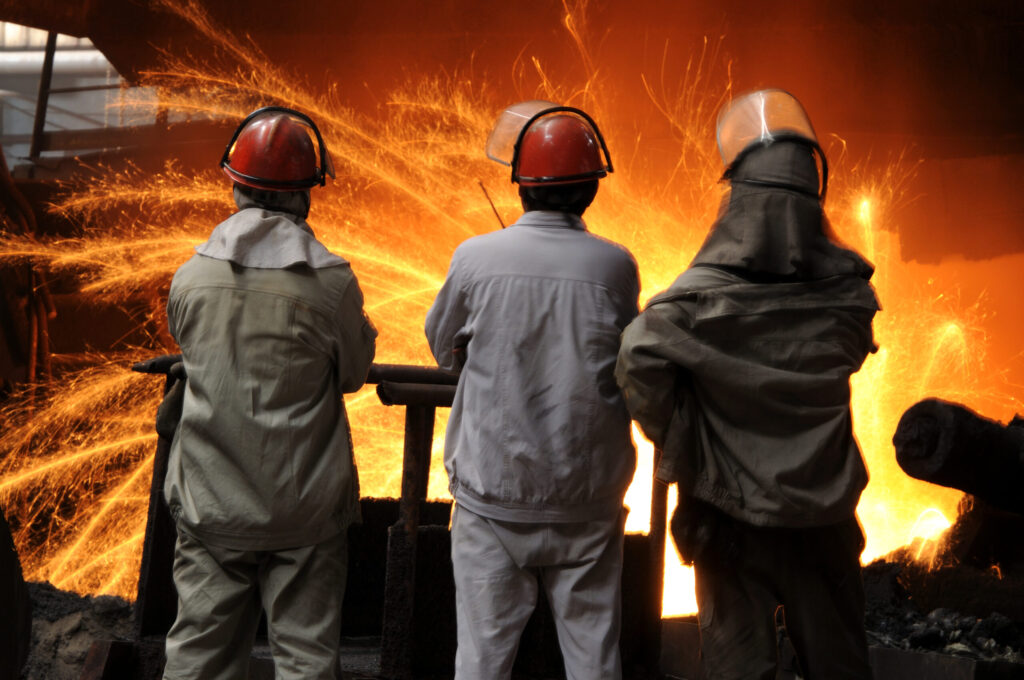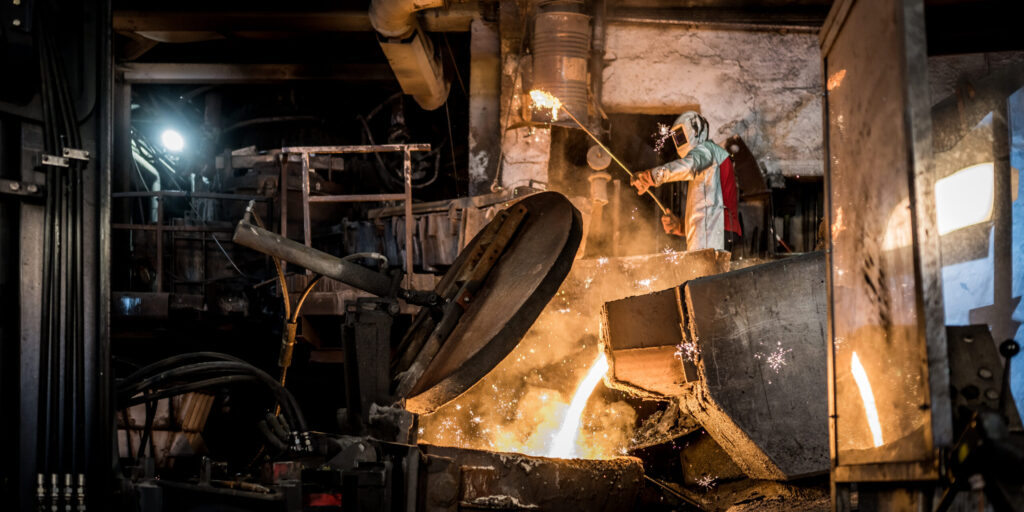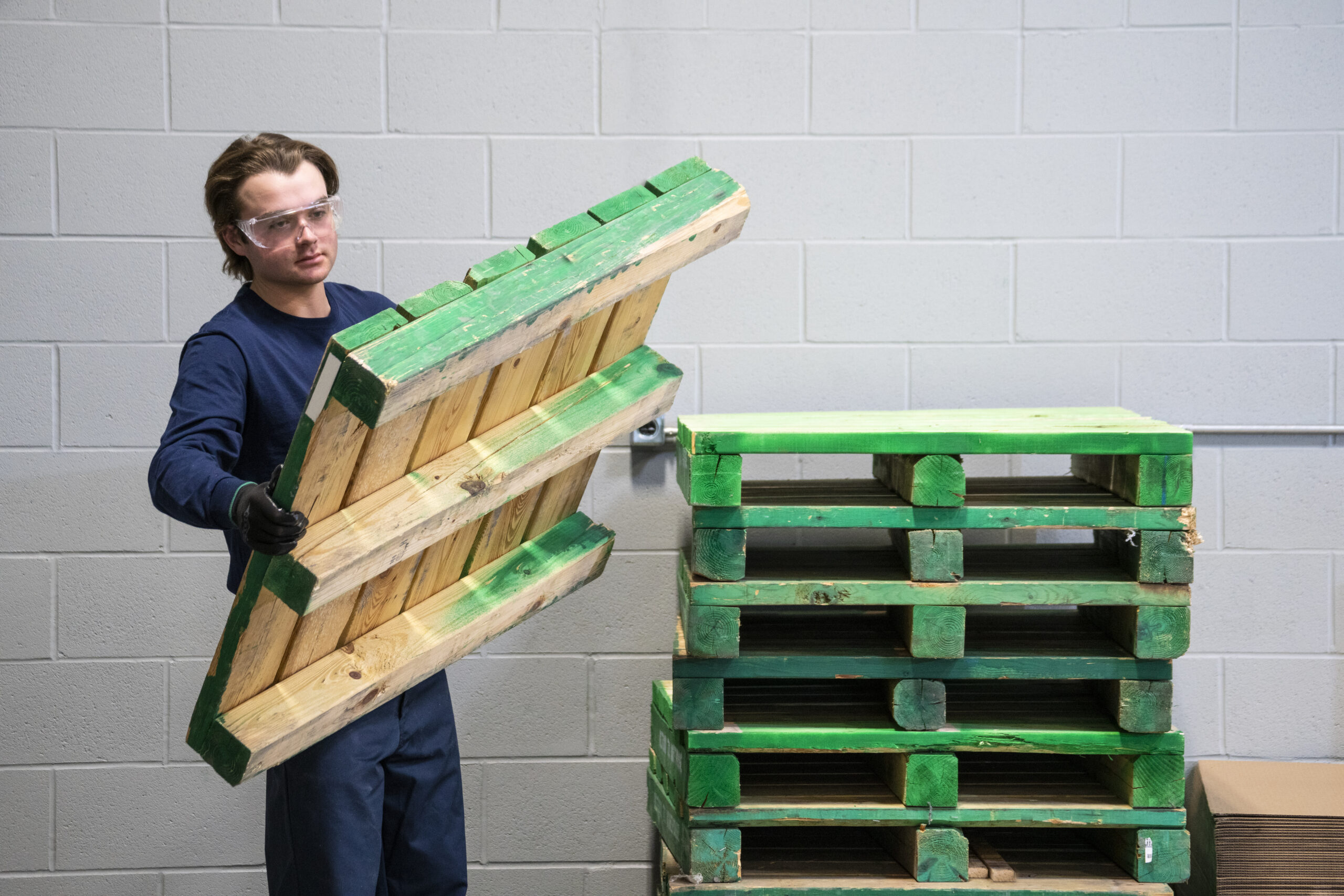Preventable Tragedy: Lessons from a Molten Metal Leak Incident

A recent investigation by the U.S. Department of Labor revealed critical safety lapses at Ellwood Engineered Castings Co. in Hubbard, Ohio, following a tragic incident in which a 30-year-old employee suffered fatal injuries due to a molten metal leak. The molten metal, heated to over 2,000 degrees Fahrenheit, caused severe burns that led to the worker’s death. This unfortunate event highlights the urgent need for stringent safety measures and effective supervision in industrial settings.
Investigation Findings
The Occupational Safety and Health Administration (OSHA) conducted a thorough investigation and found that Ellwood Engineered Castings Co. lacked an effective process for containing and managing molten metal leaks. The worker was performing tasks at the bottom of a pit beneath the casting operation, a hazardous area that was not adequately secured.
Moreover, OSHA determined that the company had not developed and implemented a comprehensive permit-required confined space program. Such a program is essential to ensure safe access and egress from the mold pit, which poses significant risks to workers. The investigation also revealed that employees were not properly trained on the specific hazards associated with working in the pit, nor were they protected from fall hazards of up to 15 feet.

OSHA’s Response
OSHA cited Ellwood Engineered Castings Co. for 11 serious violations and proposed penalties amounting to $145,184. “A worker died needlessly because Ellwood Engineered Castings Co. failed to protect him and his colleagues from obvious and deadly hazards,” said Howard Eberts, OSHA Area Director in Cleveland. “The company could have prevented this tragedy by being responsible and by following well-known safety measures.”
Safety Program Implementation
The incident underscores the importance of a robust safety program that includes:
- Effective Risk Containment: Establishing processes to contain and manage hazardous materials, such as molten metal, to prevent leaks and spills.
- Confined Space Program: Developing and enforcing a permit-required confined space program to ensure safe entry and exit, proper ventilation, and emergency procedures for confined spaces.
- Employee Training: Conducting thorough training sessions to educate employees on potential hazards, proper use of equipment, and emergency response protocols.
- Fall Protection: Implementing fall protection measures such as guardrails, safety nets, and personal fall arrest systems to protect workers from significant height-related risks.

Moving Forward
Ellwood Engineered Castings Co. has 15 business days from the receipt of the citations and penalties to comply, request an informal conference with OSHA’s area director, or contest the findings before the Occupational Safety and Health Review Commission. This case serves as a stark reminder of the devastating consequences that can result from inadequate safety practices and the critical need for employers to prioritize the well-being of their workers.
The tragic incident at Ellwood Engineered Castings Co. could have been avoided with proper safety measures and training. To prevent such tragic incidents and ensure the safety of all workers, it is crucial to invest in comprehensive safety training. Our Certified Safety Manager (CSM) Certificate course provides participants with the essential knowledge and skills needed to manage safety programs effectively. Take proactive steps to safeguard your workforce and demonstrate your commitment to a safe and responsible workplace.
Related Posts




